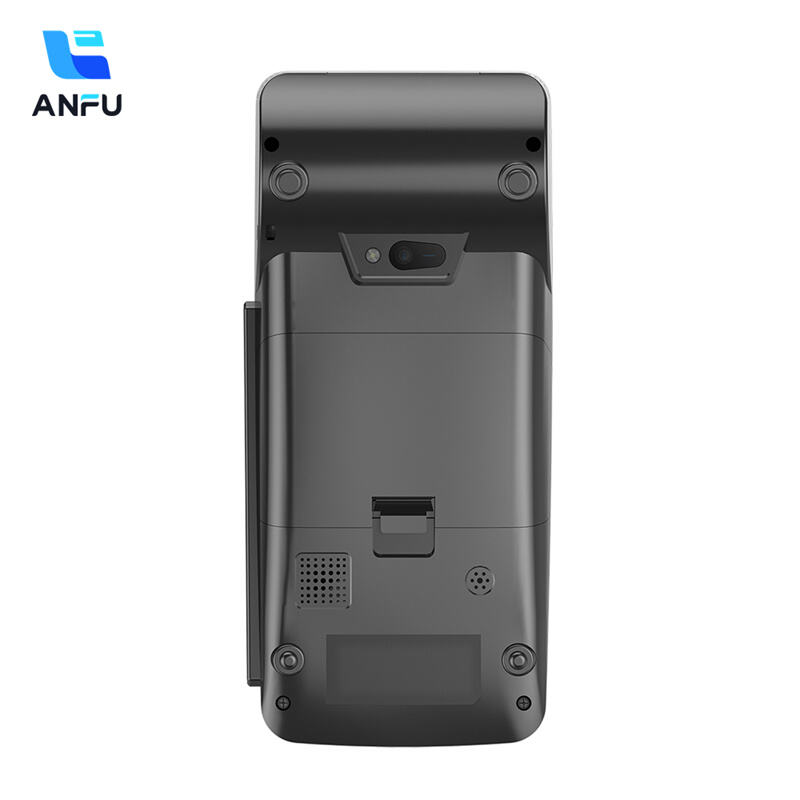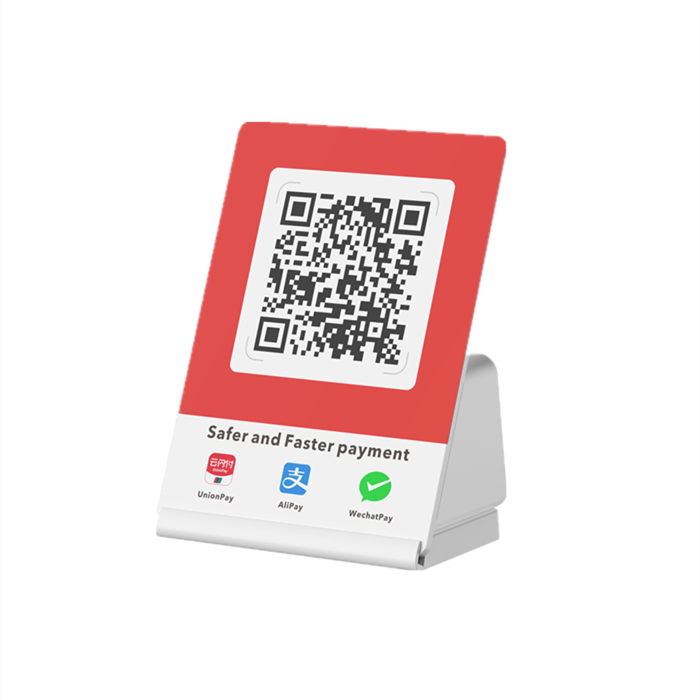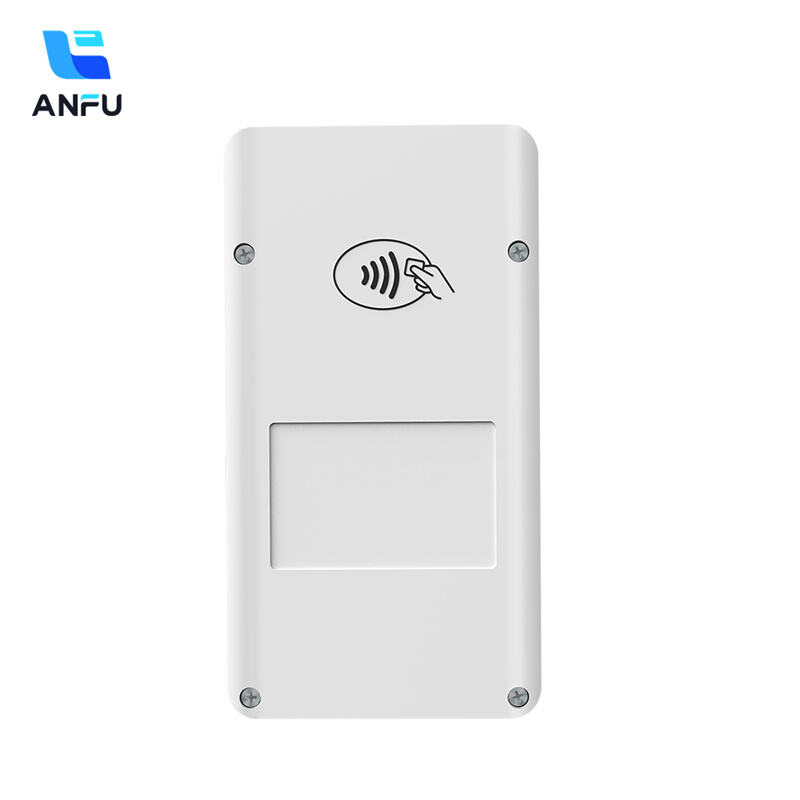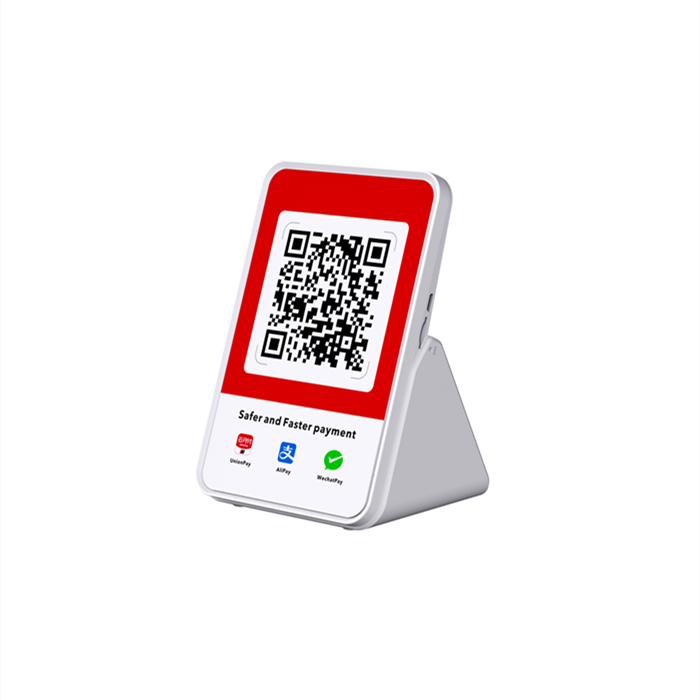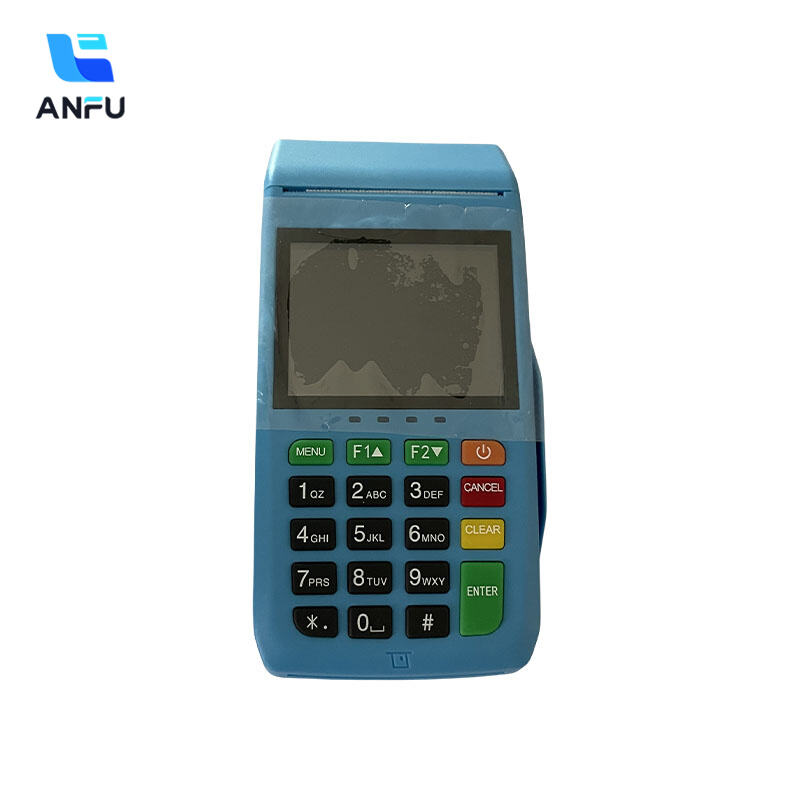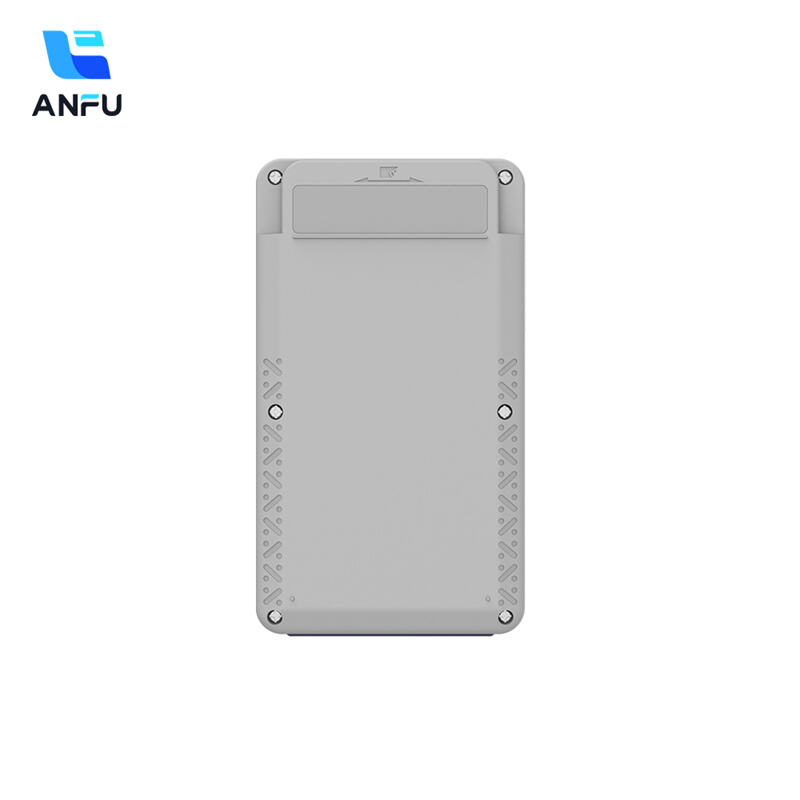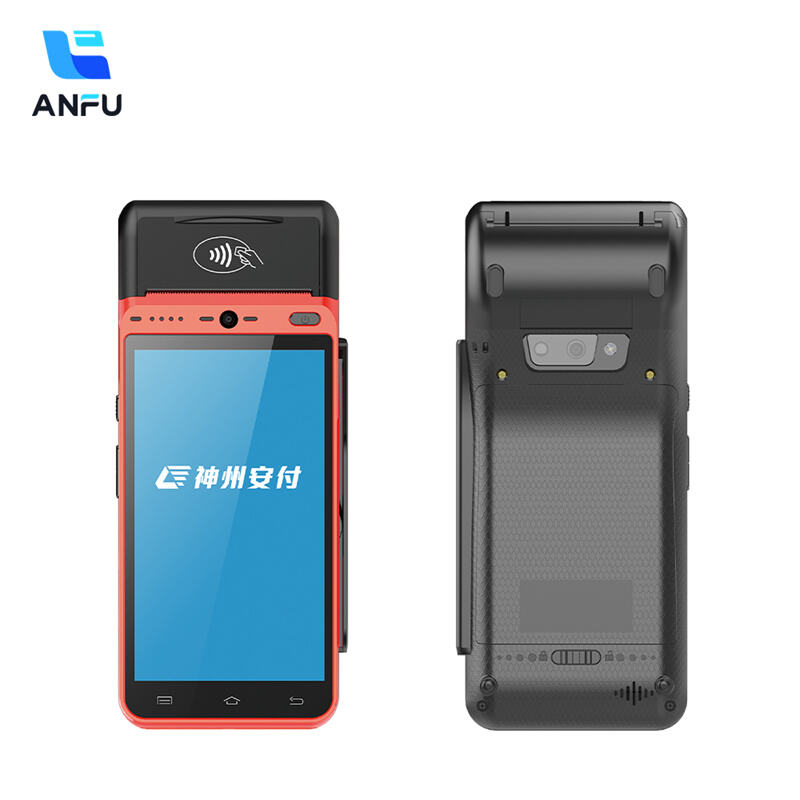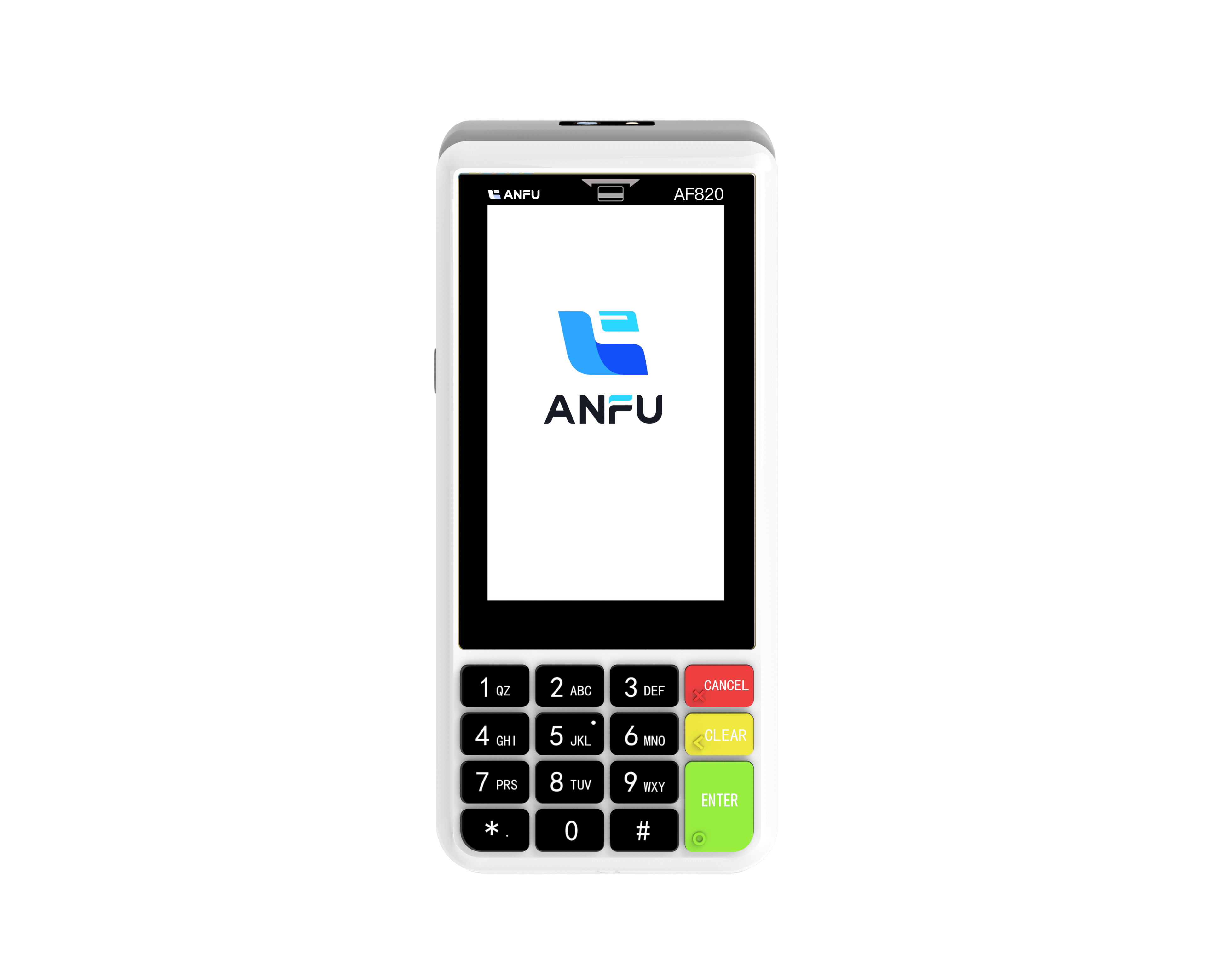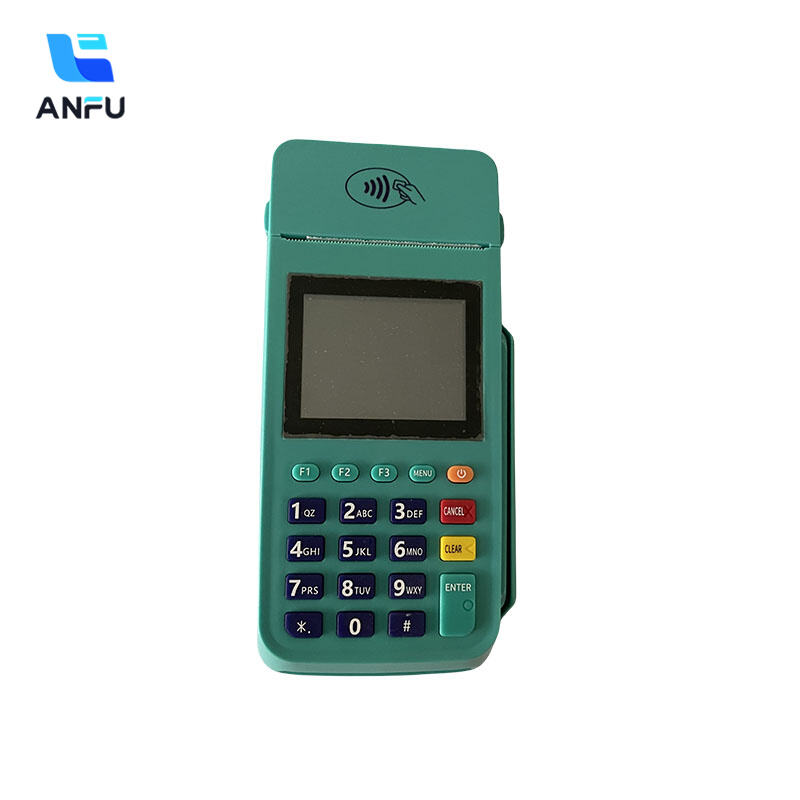Future-Proof Retail: Integrating Cloud POS into Your Workflow
What is a Cloud-Based POS System?
Cloud based point of sale systems are becoming the go to option for many retailers looking to streamline their operations. Instead of relying on traditional hardware setups, these systems run entirely online through web interfaces. All important stuff gets stored remotely in the cloud - think sales records, stock levels, and customer details - so there's no need for expensive local servers taking up space in stores. What this means practically is that store owners can check their POS anywhere they have internet access, whether that's from a smartphone while running errands or a tablet during lunch breaks. The advantages pile up fast too. Automatic software updates happen behind the scenes without disrupting business hours. Hardware problems become much less frequent since most components are virtualized. And if something does go wrong with data storage? Much less likely compared to old school setups. Beyond just convenience factors, these systems make day to day management tasks way simpler. Tracking inventory becomes less of a headache, report generation takes minutes instead of hours, and customers generally get smoother experiences across different points of contact throughout their shopping journey.
Core Components of Cloud POS Technology
Cloud POS technology is built on specific core components that ensure its robust functionality.
Cloud Servers
These act as the central hub where all transaction, inventory, and customer data are securely stored and accessed remotely.
Front-End Interfaces
The user-centric design that facilitates ease of management and provides essential features for day-to-day operations.
Back-End Management Systems
Integral for managing complex tasks such as sales analytics, staff management, and operational reporting.
These systems need internet connection to work properly, which lets staff check data anytime anywhere they happen to be. Application programming interfaces or APIs are really important when it comes to making cloud based point of sale systems do more stuff. They connect smoothly with all sorts of outside apps and services. When everything works together like this, stores can track inventory better, manage relationships with customers more effectively, handle payments faster, and run their day to day operations much smoother overall. Most retailers find that having all these functions integrated saves them time and money in the long run.
Differences Between Cloud POS and Legacy Systems
Several distinct differences set cloud POS systems apart from traditional legacy systems.
Flexibility and Scalability
Cloud POS systems offer unparalleled scalability, adapting easily to business growth and variability, unlike their legacy counterparts which often struggle with rigid configurations.
Cost Implications
Legacy systems require higher upfront capital expenditures for hardware and software licensing, whereas cloud offerings operate on a subscription-based model that reduces initial investments and includes maintenance costs.
User Experience
Cloud POS systems provide superior user experiences due to their straightforward setup and minimal maintenance requirements. This simplicity greatly contrasts with legacy systems that often require extensive technical support and configuration.
Switching to cloud-based solutions thus offers a strategic advantage, catering to modern retailers who demand efficient and scalable systems that support their evolving business models.
Key Benefits of Cloud POS Integration
Real-Time Inventory Management
One major advantage businesses get from cloud POS systems is real time inventory management. When using these systems, store owners always know exactly what's on the shelves because they can see current stock levels at any moment. This helps avoid those frustrating situations where customers want something that's out of stock or when too much product sits gathering dust. Retailers who switch to cloud tech gain access to live data about their inventory, which makes it easier to decide when to reorder supplies and manage stock properly. Industry reports show that shops using real time tracking spend around 30% less on inventory costs than those relying on old school methods. What's really nice about cloud systems is how they work with online marketplaces too. Stores can track inventory across both brick and mortar locations and websites all in one place. This kind of connection means no more discrepancies between what's listed online versus what's actually available in the store, which keeps customers happy and boosts overall sales performance.
Frictionless Checkout Experiences
Cloud based point of sale systems really change how people check out at stores because they make transactions go much faster and smoother, which makes customers happier overall. What these systems do is provide things like mobile payments and those tap-to-pay cards too, so folks don't have to wait forever in line anymore. Retailers who implement such technology often see better customer retention since nobody likes standing around waiting when there's stuff to buy. Retail analysts keep pointing out that making checkout easier leads to customers coming back again and again for their shopping needs. With all the bells and whistles built into cloud POS setups, businesses create shopping experiences that feel effortless for patrons, and that kind of positive interaction definitely brings people back through the doors week after week.
Remote Business Operations Control
Cloud POS systems offer something pretty amazing for retailers who want to run their stores from anywhere. With cloud dashboards and mobile apps, store owners can keep tabs on what's happening without needing to be physically present. Since the pandemic hit, we've seen more and more shops moving towards these remote management options. Retailers are clearly shifting away from old school methods toward digital control panels. The real time analytics feature lets business people get their hands on important numbers whenever they need them. This makes it much easier to react quickly when things change, which ultimately helps bottom line performance. Stores that take advantage of this technology find themselves running smoother while staying flexible enough to handle whatever comes next in today's ever changing marketplace.
Case Studies: Retail Success with Cloud POS
Stinker Stores: Virtualized POS for Agile Promotions
When Stinker Stores made the switch from old school point of sale systems to cloud-based technology, it completely changed how they run promotions. Before moving to the cloud, they were stuck with outdated hardware that couldn't keep up with modern shopping habits. Now? They can create dynamic deals based on what's happening right now in stores across the country. Customers get personalized offers when they need them most, which keeps people coming back week after week. After rolling out the new system, Stinker saw customer engagement jump and sales follow suit. Their marketing team noticed something interesting too promotional campaigns became way more effective, clocking in around a 30% improvement. And folks who had stopped shopping there started returning again. The numbers tell a clear story cloud tech isn't just fancy gadgetry it actually works wonders for brick and mortar businesses trying to stay competitive.
The Paper Store: Modernized Checkout for Enhanced CX
When The Paper Store decided to revamp its checkout process, they went all in on cloud POS technology. They wanted better service for customers through things like tailored offers, smoother operations, and quicker payments at the register. After switching to cloud systems, the store added handy features like instant inventory updates and electronic receipts, cutting down wait times noticeably. Customers definitely noticed these changes too - transaction times dropped by around 20%, and many shoppers commented how much easier everything became. Some regulars even mentioned how happy they were with the new system during conversations at the counter. Looking at the numbers tells another story too: foot traffic has steadily increased along with monthly sales since implementing these improvements. The store's commitment to modernizing while keeping quality service intact seems to be paying off handsomely.
Security and Cost Efficiency in Cloud POS
Automated Data Encryption and Backups
Cloud based point of sale systems come with some pretty good security built right in. They automatically encrypt all the data and do regular backups too, which helps keep everything safe. Most modern systems use strong encryption methods to protect those credit card numbers and other transaction details. This makes them compliant with standards like PCI DSS that everyone in the payments world has to follow. The backup feature works behind the scenes most of the time, saving copies of important info every few hours onto remote servers somewhere secure. So even if something goes wrong with the main system or there's a nasty cyber attack, businesses can usually get their data back quickly. Customers' personal info stays protected this way, and companies don't lose track of sales records or inventory counts when problems happen.
Reducing IT Overhead with Cloud Infrastructure
Switching over to cloud infrastructure helps businesses cut down on IT expenses quite a bit, mainly because they don't have to rely so much on all that expensive on-site hardware anymore. The move cuts back on both setup costs and ongoing maintenance bills, which means retailers can actually keep money in their pockets instead of spending it all on servers and such. Looking at real world numbers, companies that adopt cloud services tend to see their costs drop dramatically since there's no longer a need to maintain physical server rooms or hire extra staff for hardware upkeep. What's really nice about this is that IT becomes simpler to manage overall. Companies then get to channel their efforts into improving day-to-day retail operations and making customers happy, instead of constantly wrestling with complicated technical issues. This frees up time and money for new ideas that give them an edge in the market place.
Future-Proofing Retail with Cloud POS
Omnichannel Sales Unification Strategies
Retailers are finding that cloud based point of sale systems help them connect their online shops with brick and mortar locations, creating what we now call an omnichannel setup. These cloud systems keep track of stock levels, sales figures, and customer info in real time so everything stays consistent no matter where someone interacts with the brand. The benefit here is pretty obvious really. When shoppers browse products on a website then walk into a store, they don't run into situations where something is listed as available online but sits on a shelf in the physical location. Research from several industry reports indicates businesses adopting these omnichannel approaches tend to see better customer retention rates and higher overall sales. People just want things to work smoothly when making purchases, regardless of which channel they choose to use.
Scalability for Emerging Retail Demands
The scalability of cloud POS systems really helps businesses deal with all those unpredictable shifts in what customers want. Retailers aren't stuck with whatever setup they had last month when things change overnight. During busy times like Christmas rush or summer vacation season, stores can just ramp up their operations without breaking a sweat thanks to cloud tech. We're seeing this matter more now than ever before, especially since so many brands are opening temporary pop-up locations or jumping into online selling. The ability to scale means small businesses don't get left behind when big trends hit. A local boutique might suddenly need to handle twice as much inventory for a flash sale event, but with the right cloud system in place, they can manage it all without investing in expensive hardware that sits unused most of the time.
Recommended Products
Hot News
-
Smart Card 2019
2024-01-23
-
Trustech 2019
2024-01-12
-
Futurecom 2019
2024-01-12
-
Seamless Payments Asia 2020
2024-01-12
-
Seamless Middle East 2022
2024-01-12

 EN
EN
 AR
AR
 BG
BG
 CS
CS
 DA
DA
 NL
NL
 FR
FR
 IT
IT
 JA
JA
 KO
KO
 PL
PL
 PT
PT
 RU
RU
 ES
ES
 TL
TL
 ID
ID
 LT
LT
 UK
UK
 VI
VI
 HU
HU
 MT
MT
 TH
TH
 TR
TR
 FA
FA
 AF
AF
 MS
MS
 MK
MK
 HY
HY
 AZ
AZ
 KA
KA
 BN
BN
 BS
BS
 LO
LO
 MN
MN
 NE
NE
 ZU
ZU
 MY
MY
 KK
KK
 UZ
UZ
 KY
KY
